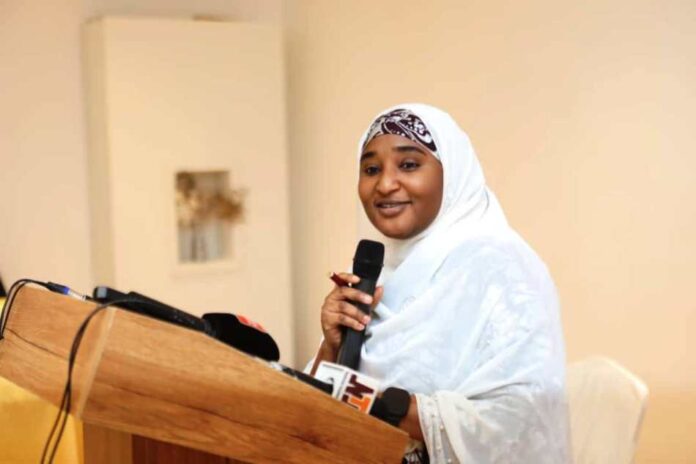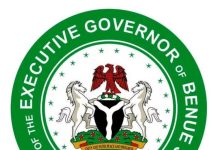The Federal Ministry of Education (FME) has unveiled two strategic knowledge products aimed at delivering inclusive, equitable, and quality education for all girls in Nigeria.
The Minister of State for Education, Prof. Suwaiba Ahmad in a day interactive session at Abuja recently, emphasized that the findings from the reports would guide critical policy reforms and targeted investments.
The two reports launched are: “State of Girl-Child Education in Ten States of Nigeria” and “Analysis of State-Level Financing of Girl-Child Education in Nigeria.”
Prof. Ahmad also announced plans to launch a new initiative to bring more out-of-school girls back into classrooms.
“These two knowledge products are strategic investments and tools designed to help us collectively. They will help us understand where we are, what needs to change, and how we must act to ensure every Nigerian girl can access, stay in, and thrive through education,” she said.
She explained that the Girls’ Education Performance Assessment provides a comprehensive review of progress at both federal and state levels, highlighting successful policies that have improved enrollment, retention, and learning outcomes for girls—particularly through community engagement and donor support.
She added that the Girls’ Education Financing in Nigeria report examines how public and private resources are allocated, disbursed, and utilized.
“It is imperative that we move toward gender-responsive budgeting, efficient resource utilization, and stronger coordination between federal, state, and local governments,” she said.
Prof. Ahmad called for collective action, urging stakeholders not to let the new reports “die by dust on shelves,” but to transform them into effective policies, budget decisions, and partnerships that will drive sustainable change.
Also speaking virtually, Nabila Aguele, Chief Executive of the Malala Fund, reaffirmed the organisation’s commitment to supporting Nigeria’s education sector. She urged policymakers to translate the evidence from the reports into concrete, gender-responsive reforms.
“Today’s event marks a significant step forward in our collective effort to advance girls’ education in Nigeria. The knowledge products being shared are not just reports—they are tools for action. Tools that provide the evidence we need to make more informed, equitable, and impactful decisions for Nigeria’s girls and for society at large,” she said.
Speaking on the State of Girl-Child Education in 10 States, Mr. Sunkanmi Adefadoju, Monitoring and Evaluation Consultant at the System Strategy and Policy Lab (SSPL), highlighted the need to improve infrastructure and ensure the safety of girls in schools.
He noted significant disparities in education budget allocations across the ten states studied. “Jigawa (32%), Kano (31%), and Kaduna (26%) demonstrate strong fiscal commitment, while Akwa Ibom (6%), Sokoto (8%), and Gombe (9.8%) allocate minimal shares to education,” he said.
Adefadoju also pointed out that most states lack dedicated budget lines for girls’ education, making it difficult to sustain targeted interventions. “For example, Borno provides incentives in all junior secondary schools and implements cash transfers in 90% of them, while Sokoto and Jigawa have no targeted programmes. Akwa Ibom spends only 6% on education, with no specific funds for girls, highlighting a gap between policy and action.”
He recommended scaling up incentives and cash transfer programmes by institutionalising scholarships and school feeding initiatives. He also called for stronger budgeting frameworks and better emergency preparedness across states.
Murtala Adogi Mohammed, Founder and CEO of the System Strategy and Policy Lab, also called for an increase in education funding, noting that while the global benchmark recommends allocating 4% of the national budget to education, Nigeria currently spends only 1.9%. He emphasized the need to expand access to secondary education for girls.
The event which was in collaboration with Malala Fund brought together Commissioners of Education from the 10 focus states, representatives from the Malala Fund, civil society organisations (CSOs), UNESCO, and other key stakeholders.
Signed
Boriowo Folasade
Director Press & PR






